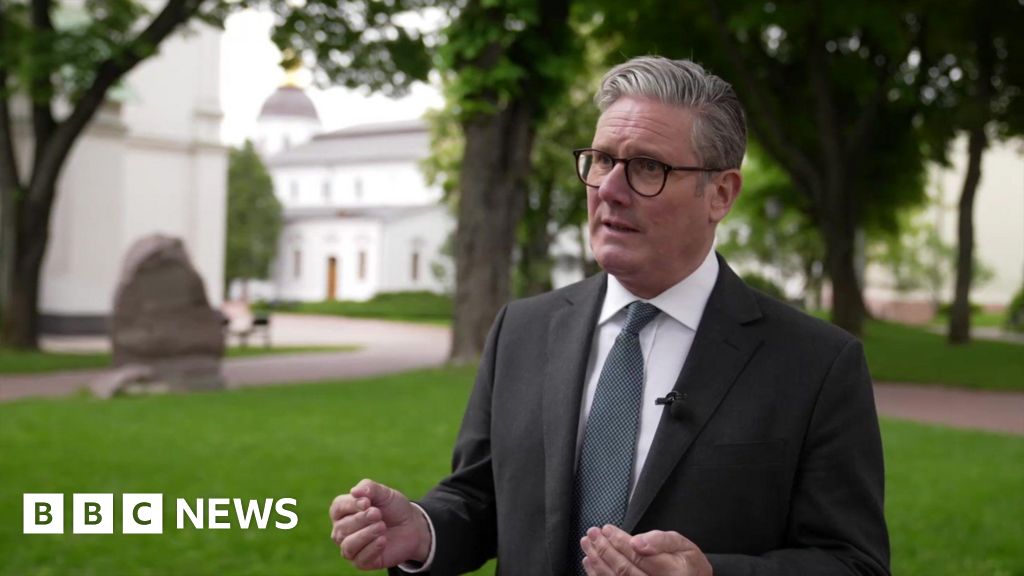Harvard Researcher Kseniia Petrova Faces Criminal Charges in US Deportation Battle

Boston, MA – A protracted legal battle surrounding Harvard researcher Kseniia Petrova has taken a significant turn. For months, Petrova has been fighting deportation to Russia following a customs violation. However, this week, the US government escalated the situation by formally charging her with a felony, moving her case from immigration court to the criminal justice system in Boston.
Petrova, a researcher at Harvard University, initially faced deportation proceedings after a dispute with customs officials regarding undeclared funds brought into the United States. The details of these funds remain a point of contention, with Petrova maintaining her innocence and disputing the government’s interpretation of the situation. Her legal team has argued that the deportation is unwarranted and politically motivated, highlighting her contributions to scientific research and her ties to the US academic community.
The shift to criminal charges marks a considerable shift in the government's approach. A felony conviction carries potentially severe consequences, including imprisonment and a permanent mark on her record, making future travel and employment considerably more difficult. The specific felony charge remains undisclosed, but legal experts suggest it likely relates to the initial customs violation, potentially involving allegations of financial fraud or misrepresentation.
This case has garnered significant attention within the academic and scientific communities, many of whom have voiced their support for Petrova and expressed concerns about the implications of her potential deportation. Several prominent scientists and university faculty have penned letters to government officials, urging them to reconsider the case and emphasizing Petrova's value as a researcher. They argue that her deportation would be a loss for American science and a potential setback for ongoing research projects.
The legal proceedings are expected to be complex and lengthy, involving extensive discovery and potential expert testimony. Petrova’s legal team is preparing a vigorous defense, aiming to challenge the government’s allegations and demonstrate her innocence. The outcome of this case could have broader implications for international researchers working in the United States, particularly those facing scrutiny over financial matters.
The US government, however, maintains that it is simply upholding the law and ensuring compliance with customs regulations. They argue that Petrova’s actions warrant a thorough investigation and, if necessary, prosecution. The case highlights the delicate balance between national security concerns, immigration enforcement, and the protection of academic freedom.
As the legal proceedings unfold, the international community will be watching closely, keenly aware of the potential ramifications for scientific collaboration and the free exchange of ideas. The case of Kseniia Petrova has become a focal point in the ongoing debate about immigration policies and their impact on the US research landscape. The trial promises to be a high-profile event with significant implications for both Petrova and the broader scientific community.





